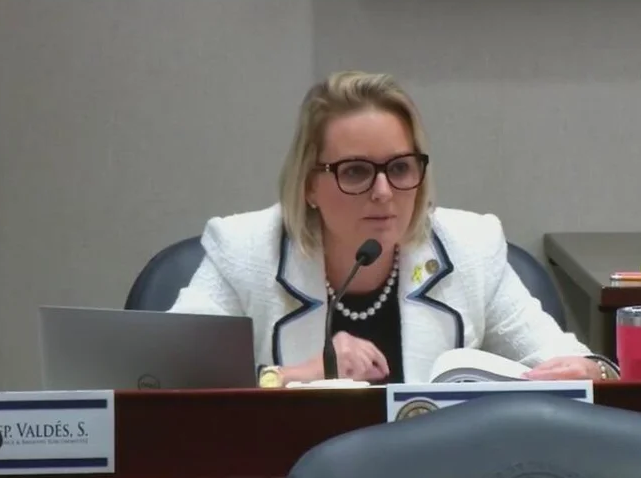On January 19th, the Florida Supreme Court issued its opinion in Petty v. Florida Insurance Guaranty Association, which decided whether an insured is entitled to recover attorney’s fees from the Florida Insurance Guaranty Association (FIGA). I wrote about the case in October 2010, when it was at the lower appellate level, in The Definition of a “Covered” Claim by the FIGA Act Leads Florida Second and Third District Court of Appeals to Different Results.
The case stems from a Hurricane Charley claim with Florida Preferred Property Insurance Company. The trial court ordered FIGA to pay the insured’s attorney’s fees pursuant to Florida Statute §627.428. Relying in part upon a Third District Court of Appeals case, Florida Insurance Guaranty Association v. Soto, 979 So.2d 964 (Fla. 3d DCA 2008), the trial court held that the insured’s right to attorney’s fees and costs was a covered claim. FIGA appealed to the Second District Court of Appeal.
FIGA argued on appeal that §627.428 was not applicable since the association did not deny by affirmative action any portion of the insured’s covered claim. The Second District Court of Appeal noted that for a claim to be a covered claim, it must: (1) arise out of the insurance policy; and (2) be within the coverage of the insurance policy. The Court noted that the parties did not point to any language in the policy that provided coverage for attorney’s fees. The Second District Court reversed the attorney’s fee award.
The Second District Court opinion conflicted with the Third District Court of Appeals ruling in Soto, which recognized that §627.428 is an implicit part of all insurance policies and held that an attorney’s fee judgment is a covered claim under the FIGA Act. The Florida Supreme Court reviewed both decisions.
The Florida Supreme Court noted that the FIGA Act, Florida Statute §631.57(1)(a), provides that FIGA shall “be obligated to the extent of the covered claims existing prior to an insurer’s adjudication of insolvency.” The Act, at §631.54(3), defines a covered claim as:
[A]n unpaid claim, including one of unearned premiums, which arises out of, and is within the coverage, and not in excess of, the applicable limits of an insurance policy to which this part applies, issued by an insurer, if such insurer becomes an insolvent insurer and the claimant or insured is a resident of this state at the time of the insured event or the property from which the claim arises is permanently located in this state.
The Florida Supreme Court noted that to be a covered claim, it must: (1) arise out of the insurance policy; and (2) be within the coverage of the insurance policy. The parties agreed that the fee claim arose from the policy of insurance. However, the Court noted that to recover fees from FIGA, the claim for fees must be within the insurance policy’s coverage provisions.
While the attorney’s fee statute is an implicit part of an insurance policy in Florida, the Florida Supreme Court held that this does not mean that the insured’s claim against FIGA for fees is part of the policy’s coverage. In reaching its conclusion, the Court held:
There is a clear difference between an obligation to pay fees that is imposed by operation of law upon a party due to its behavior under the insurance contract and an obligation imposed upon a party by an express provision for which the party contracted. Section 627.428(1) imposes the obligation to pay a fee award upon an insurer that has wrongfully contested an insured’s valid claim. It does not alter the coverage provisions of the insurance contract itself.
Since Petty’s insurance policy did not expressly provide coverage for a section 627.428 fee award, the Court held it is not a covered claim that FIGA must pay. The Court approved the Second District Court’s ruling, and specifically disapproved the third District Court of Appeals’ ruling in Florida Insurance Guaranty Association v. Soto.
This case holding may not apply to a scenario where FIGA actually denies an insured’s claim. FIGA’s denial of coverage of an insured’s claim opens the door to its responsibility for fees under a separate and distinct provision of the FIGA Act.



